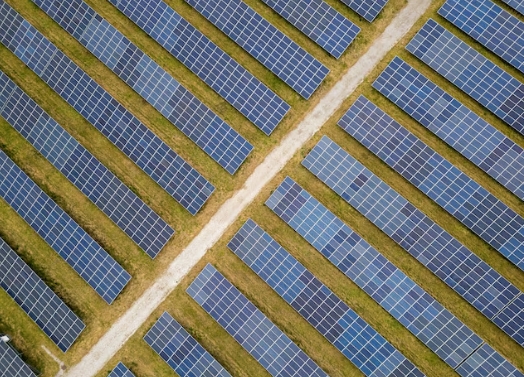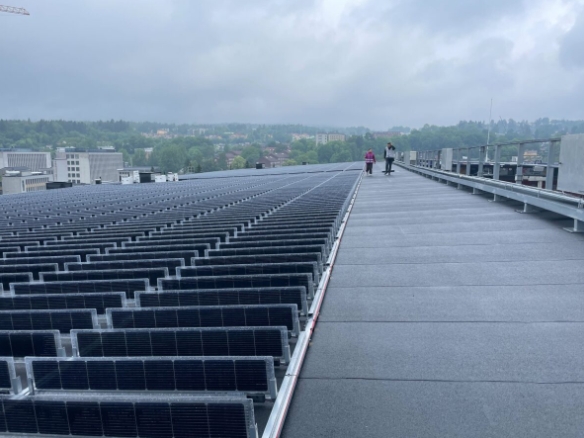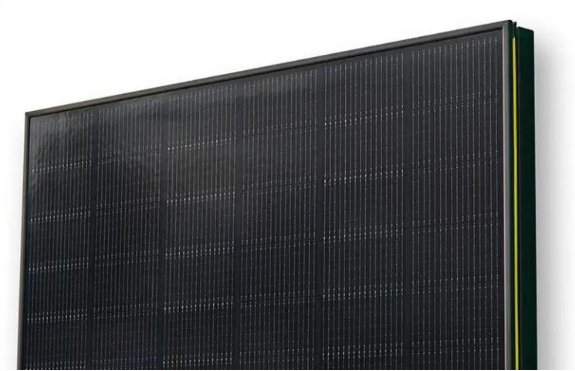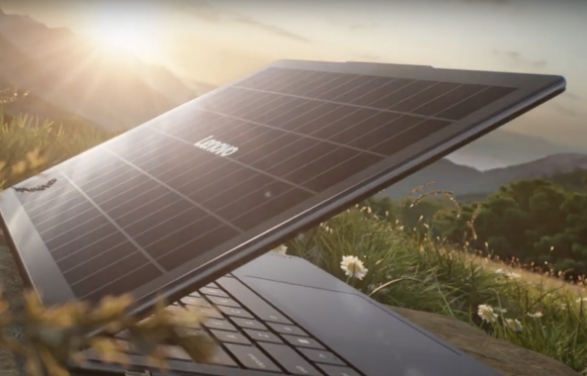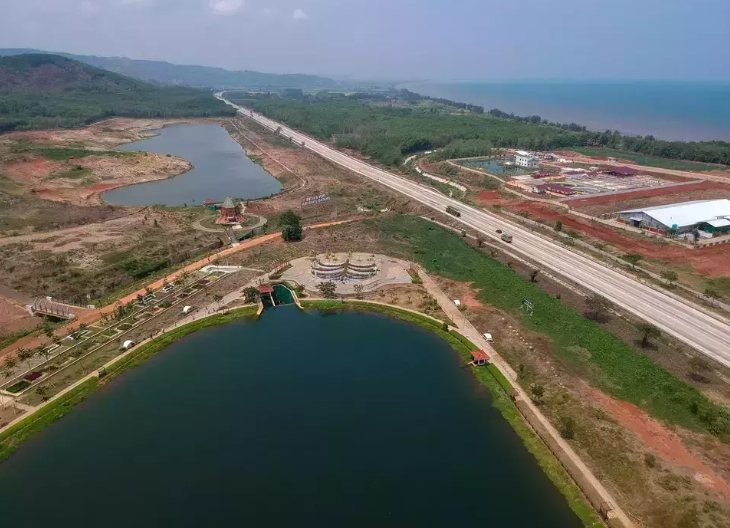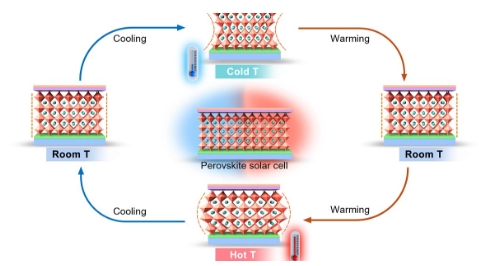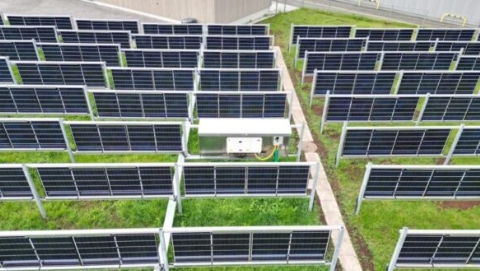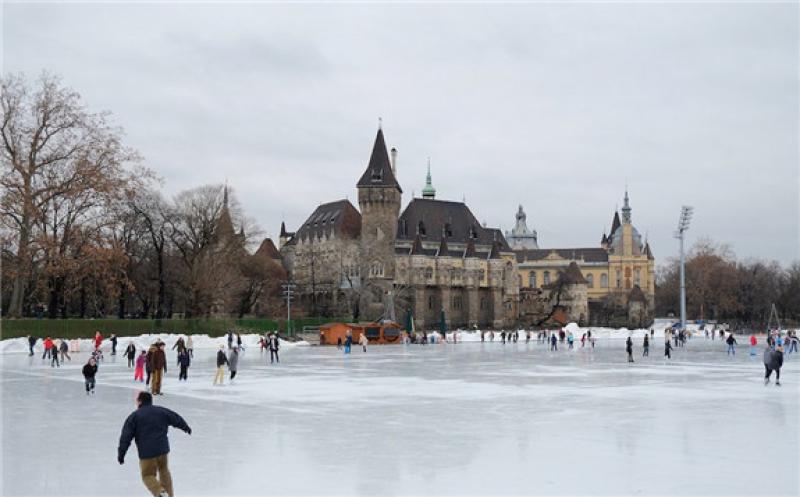 With funding under the ARPA-E awards, the National Renewable Energy Laboratory (NREL) is conducting research on Revolutionary, High-Drilling Rate, High-T Geothermal Drilling System and Companion (250-350 deg C) Power Electronics. Another interesting project that did not receive the publicity it deserves. A research project funded under the ARPA-E Award. The award of $3.7m was given to National Renewable Energy Laboratory (NREL) for work on Revolutionary, High-Drilling Rate, High-T Geothermal Drilling System and Companion (250-350 deg C) Power Electronics. This for a project term of 09/20/2019 to 09/19/2022. Partners of NREL in the project are: Tetra Innovation Institute, TPL, Inc., University of New Mexico. Geothermal energy is a potentially vast source of clean baseload electricity in the U.S. However, it is difficult and expensive to penetrate the ultra-hard rock formations found at many prospective geothermal sites. Conventional drill bits penetrate ultra-hard rock formations slowly and wear down quickly, which makes the drilling process time consuming and expensive. More economical drilling methods are required to enable access to next-generation energy resources, including geothermal and natural gas. Project Innovation + Advantages: The National Renewable Energy Laboratory team will develop technologies and component devices enabling a high-rate drilling method using electric pulses to bore hot, deep geothermal wells. Compared to the softer, sedimentary rock typically found in oil and gas wells, geothermal rock is harder and less porous, and at significantly higher temperatures. These factors generate slow geothermal drilling rates averaging only 125 feet per day compared to greater than 40 times this achieved in sedimentary rock. If successful, the high-rate technology could transform drilling techniques across multiple industries. Project activities will focus on developing and testing pulsed power electronics capable of surviving the high temperatures encountered in geothermal rock. Component development will be carried out with systems integration in mind, enabling a rapid upgrade from a low-temperature rated drilling tool to a high-temperature version. Potential Impact: The technology is expected to disrupt the global drilling industry, replacing traditional drilling technologies within 10 years of commercialization. Security: Increased access to domestic energy sources like geothermal and natural gas would help secure U.S. energy stability. Environment: Deep geothermal energy resources are a clean, renewable source of carbon-free electricity. Competitive market modeling shows the potential for an additional 50 gigawatts of geothermal deployed in the U.S. due to cost and time improvements from this new technology. Economy: If successful, the high rate technology could increase geothermal drilling rates tenfold, drastically reduce well drilling costs, and cut development timelines, which would have a major impact on the levelized cost of energy.
With funding under the ARPA-E awards, the National Renewable Energy Laboratory (NREL) is conducting research on Revolutionary, High-Drilling Rate, High-T Geothermal Drilling System and Companion (250-350 deg C) Power Electronics. Another interesting project that did not receive the publicity it deserves. A research project funded under the ARPA-E Award. The award of $3.7m was given to National Renewable Energy Laboratory (NREL) for work on Revolutionary, High-Drilling Rate, High-T Geothermal Drilling System and Companion (250-350 deg C) Power Electronics. This for a project term of 09/20/2019 to 09/19/2022. Partners of NREL in the project are: Tetra Innovation Institute, TPL, Inc., University of New Mexico. Geothermal energy is a potentially vast source of clean baseload electricity in the U.S. However, it is difficult and expensive to penetrate the ultra-hard rock formations found at many prospective geothermal sites. Conventional drill bits penetrate ultra-hard rock formations slowly and wear down quickly, which makes the drilling process time consuming and expensive. More economical drilling methods are required to enable access to next-generation energy resources, including geothermal and natural gas. Project Innovation + Advantages: The National Renewable Energy Laboratory team will develop technologies and component devices enabling a high-rate drilling method using electric pulses to bore hot, deep geothermal wells. Compared to the softer, sedimentary rock typically found in oil and gas wells, geothermal rock is harder and less porous, and at significantly higher temperatures. These factors generate slow geothermal drilling rates averaging only 125 feet per day compared to greater than 40 times this achieved in sedimentary rock. If successful, the high-rate technology could transform drilling techniques across multiple industries. Project activities will focus on developing and testing pulsed power electronics capable of surviving the high temperatures encountered in geothermal rock. Component development will be carried out with systems integration in mind, enabling a rapid upgrade from a low-temperature rated drilling tool to a high-temperature version. Potential Impact: The technology is expected to disrupt the global drilling industry, replacing traditional drilling technologies within 10 years of commercialization. Security: Increased access to domestic energy sources like geothermal and natural gas would help secure U.S. energy stability. Environment: Deep geothermal energy resources are a clean, renewable source of carbon-free electricity. Competitive market modeling shows the potential for an additional 50 gigawatts of geothermal deployed in the U.S. due to cost and time improvements from this new technology. Economy: If successful, the high rate technology could increase geothermal drilling rates tenfold, drastically reduce well drilling costs, and cut development timelines, which would have a major impact on the levelized cost of energy. As reported today by the Ministry for Innovation & Technology, the 2019 concession bid-round – based on their tender documentations has concluded for four contracts.
Of the four areas tendered, one was for geothermal energy. The winner of the Gádoros area tender for geothermal energy exploration, production and prospection is Aspect-TDE Geotherm Kft. Since 2013, the seven successful concession rounds resulted in HUF 38 billion government revenues while more than HUF 110 billion investments could be realised.
The mining concessions were awarded by the Minister for Innovation and Technology in accordance with the relevant provisions and based on the evaluations and recommendations of the Evaluation Committees. The winners may conclude their concession contracts within 90 days following the announcement of the result. This time limit may be extended by the Minister only once by a maximum of 60 days.
Seven bids were submitted for the tenders of 2019 June and all of them met the formal requirements. The exploration, appraisal and production tenders were unsuccessful due to lack of bidders in the following areas: for hydrocarbon in Csongrád, Csorna, Érd and Zala-Kelet and for lignite in Sajókápolna.
The granted concessions are valid for 20 years in case of hydrocarbons and for 35 years and the original duration may be extended once without a further call for tenders for a maximum of half of its original duration.
The previous six successful bidding rounds resulted in 31 hydrocarbon and 3 geothermal concession contracts. The government realized HUF 14.7 billion concession fees and HUF 21.5 billion mining royalties. The winners undertook HUF 67 billion of obligatory and HUF 39.8 billion of optional investments in their exploration working programmes.
In the first three quarters of 2019, 35 percent of crude oil production and 10 percent of gas production came from the newly acquired concession areas. In the recent 7th bid round, the conclusion of all the awarded contracts will result in HUF 2.41 billion of concession fees and the total investments undertook in the exploration working programmes of more than HUF 5 billion.
The cost effective and environmentally conscious exploitation of domestic energy resources decreases the energy import-dependence of Hungary and enhances the security of supply. For the promotion of investments in domestic exploration and production, the Ministry for Innovation and Technology is currently planning to launch further concession bid-rounds.

